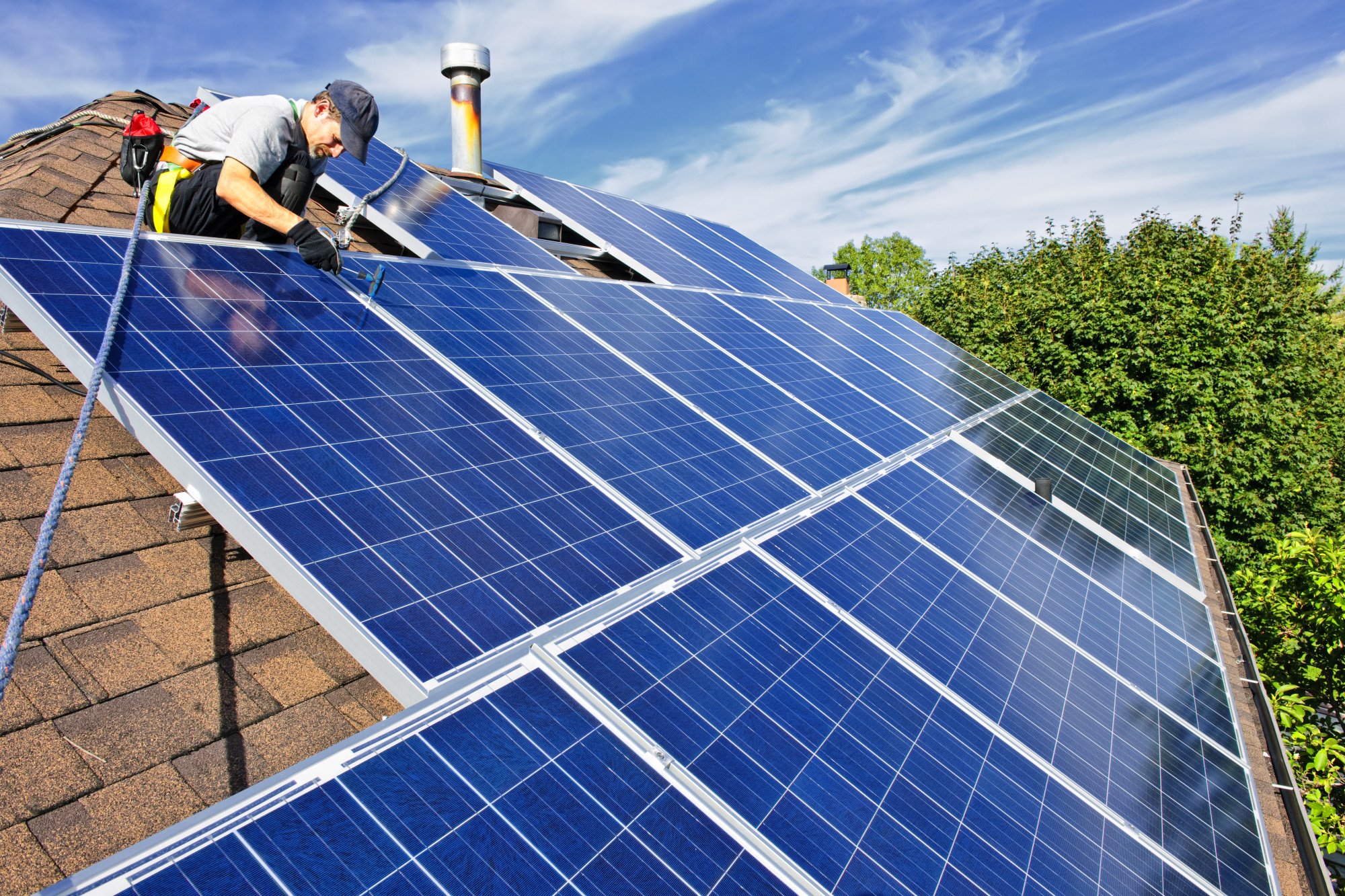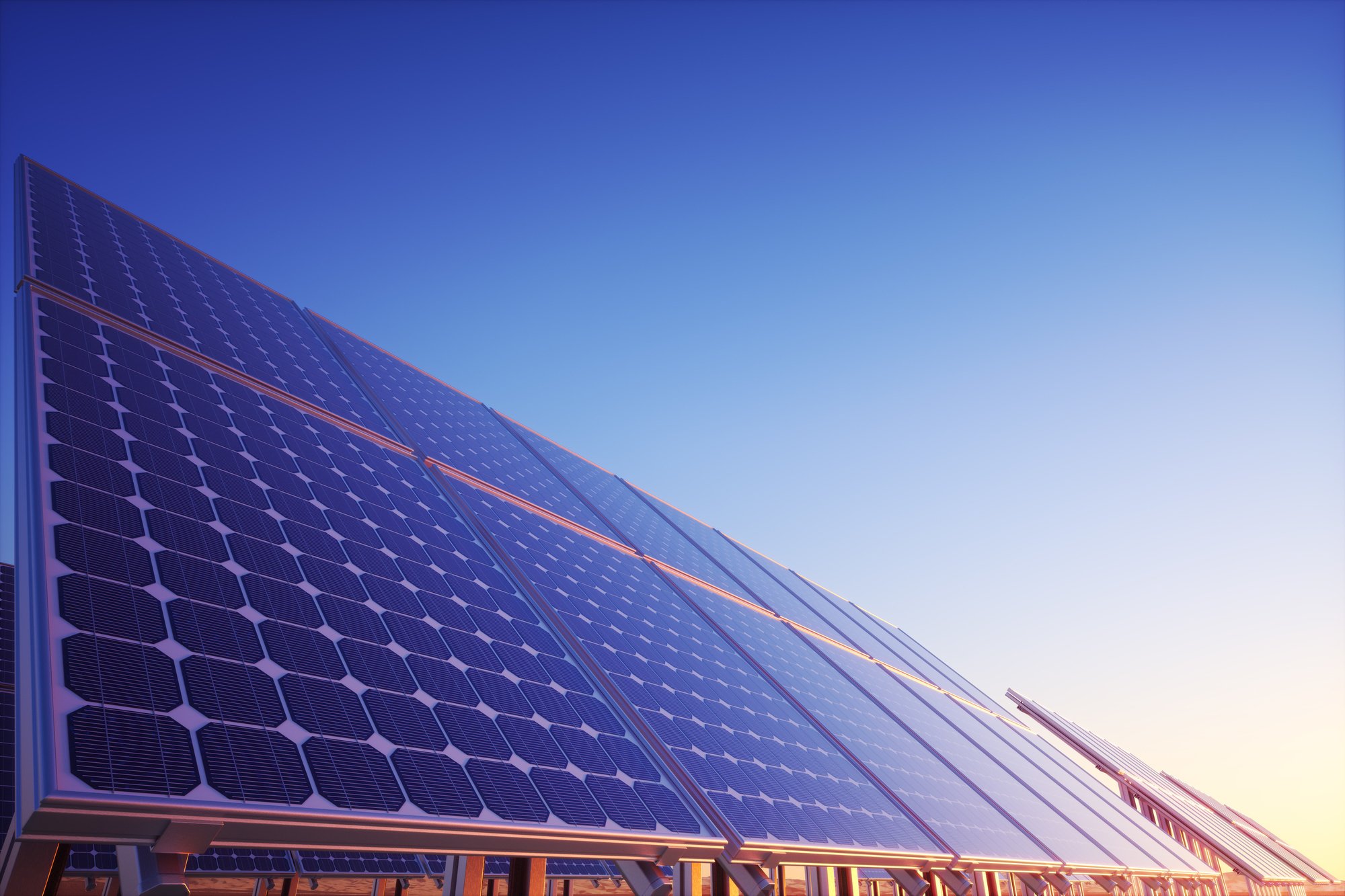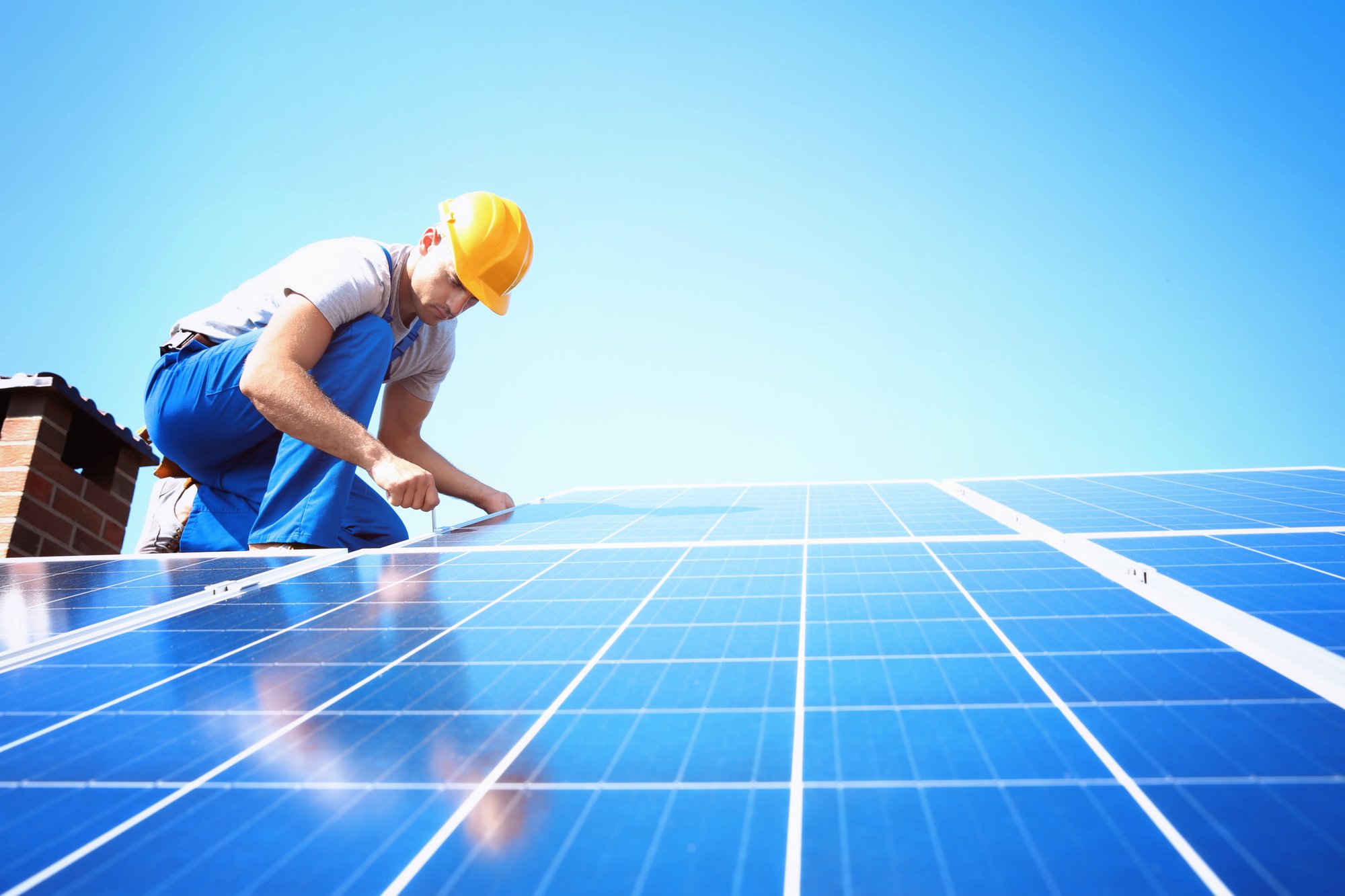
Solar panel installation is a process which has become very popular in recent years. A growing number of people are realizing the various environmental benefits associated with the use of solar energy. In addition to this, the financial benefits are becoming well publicised, as well. In particular, when you calculate the saving in utility bills over an extended period of time, then you will easily see how much of your monthly outgoings can be made back through the savings on your power bill. However, before deciding on whether or not you want to go ahead with solar panel installation in your home, there are a few things in this site that you need to think about first.
The main place for the optimum installation of solar panels is on your roof. Most roofs tend to have the right specifications for this installation, meaning that solar panels receive the most sunlight possible. However, even if roof installation isn't advisable or desirable, the solar panels can also be installed on the ground, where there are less shade and likely to receive more direct sunlight during the day. If roofing is preferred, then you will need to consider specialised tile which is able to absorb UV rays.
Once you have determined where you want to mount your solar panels, it is highly important that you find the right mounting system. For example, some solar panels will require metal flashings which attach to the roofs. You will need to find a solar company in your local area to ensure that these are fitted for your roof. You may also want to invest in a good quality set of roofing tiles, as they will provide a strong base for your installation.
The most important factor you should consider before going solar is the amount of sunlight that is available in your local area. There are many solar panel manufacturers in New Zealand, but unfortunately not all of them will provide you with the best quality panels. The reason for this is because of the expense involved in sourcing them. However, by shopping around you should be able to source them at a significantly lower cost. In most cases you can save enough money to make solar panel installation a truly affordable venture.
A final consideration before installing solar panels involves your level of DIY knowledge. If you're a complete novice when it comes to panel installation then it's really going to be essential that you get some assistance. Fortunately, there are plenty of professional solar panel installation companies in New Zealand to hire if you choose to install solar panels on your own. Although you may feel more comfortable having someone come to your home and fit the panels for you, they are often considerably more expensive than hiring an expert. Plus, in the event of an error or problem, you'll need to rely on their expertise to ensure that the problem is fixed.
Before starting your panel installation make sure you have a look at your existing roof to identify any loose tiles or shingles. These will need to be replaced with new ones so that the electrical panel can work effectively. You should also check your power meter. If you find that it is inaccurate then it will be necessary to install a new power meter in order to connect to your home electricity supply. By following these simple steps you'll be well on your way to enjoying the environmentally friendly benefits of solar panel installation in your property. You can get more enlightened on this topic by reading here: https://en.wikipedia.org/wiki/Solar_power.


